Why so many women are considering freezing their eggs
New study reveals widespread fears and confusion about fertility - and a lack of ‘stable partners’
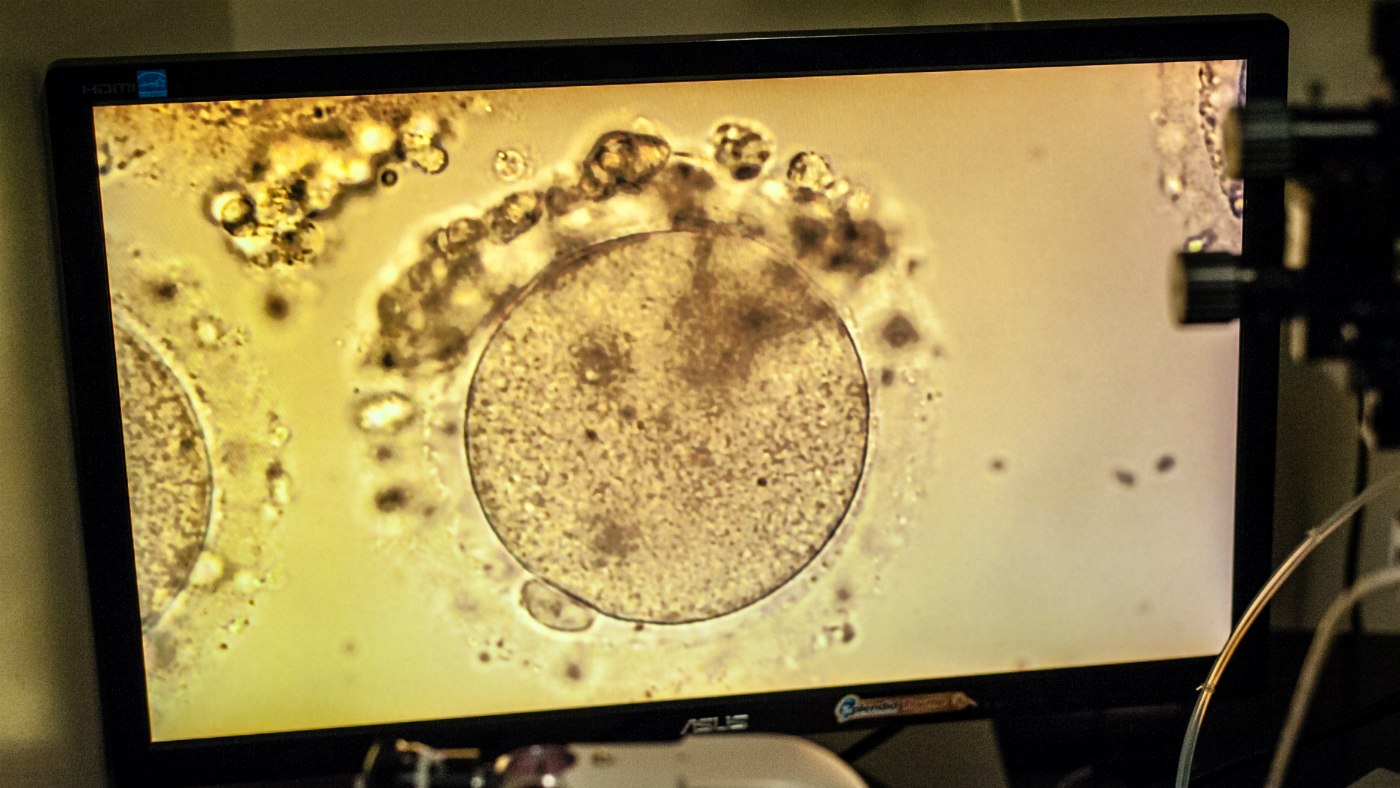
A free daily email with the biggest news stories of the day – and the best features from TheWeek.com
You are now subscribed
Your newsletter sign-up was successful
Almost half of all women aged 18 to 24 would consider freezing their eggs in the future, and 25% are worried about their ability to conceive, according to a new study.
Researchers from the Royal College of Obstetricians and Gynaecologists (RCOG) surveyed a total of 1,002 women between the ages of 18 and 65. The poll findings reveal “widespread fears among those hoping to start a family one day”, along with confusion about fertility issues, The Daily Telegraph reports.
Three out of five women interviewed felt overwhelmed by the amount of information on offer about fertility, and more than three-quarters were unsure whether they advice they had received was impartial.
The Week
Escape your echo chamber. Get the facts behind the news, plus analysis from multiple perspectives.

Sign up for The Week's Free Newsletters
From our morning news briefing to a weekly Good News Newsletter, get the best of The Week delivered directly to your inbox.
From our morning news briefing to a weekly Good News Newsletter, get the best of The Week delivered directly to your inbox.
A total of 49% of all the respondents were or had worried about their ability to conceive, while 44% of women in the youngest age group said they would be willing to freeze their eggs in order to preserve their fertility.
Egg freezing is one of the fastest growing fertility trends in the UK, according to the London Women’s Clinic.
The Human Fertilisation and Embryology Authority (HFEA) reports that the rate of egg freezing has increased each year since 1999 and more than doubled since 2013.
The HFEA advises that women who may want to consider this option include those with a medical condition that could affect their fertility, and those at risk of injury or death - for example, if they are in the Army.
A free daily email with the biggest news stories of the day – and the best features from TheWeek.com
However, egg freezing is “by no means a guarantee of having a baby”, the independent regulator warns.
All the same, an increasing number of women are going ahead with the procedure, triggering speculation about their motives.
Kylie Baldwin, a senior sociology and health lecturer at Leicester’s De Montfort University, led a team who interviewed 31 women undergoing elective egg freezing. The researchers found that “contrary to what many people believe, women don’t freeze their eggs for career reasons”, says Baldwin.
“They freeze them because they need more time to find a suitable partner, to avoid future regret and to prevent engaging in what we have called ‘panic partnering’,” she writes in an article on The Conversation.
Baldwin says that all the women interviewed had “reported feeling under significant pressure to find a partner before they reached the end of their fertile lives, but explained how the men they met were often unwilling to settle down or commit to fatherhood”.
This finding was backed up by those of a separate study outlined on the website of the European Society of Human Reproduction and Embryology. US researchers said that while medical literature and media coverage “suggest that elective egg freezing is being used to defer or delay childbearing among women pursuing education and careers”, the key motive of the women interviewed for their study was “the lack of a stable partner”.
-
 Bonfire of the Murdochs: an ‘utterly gripping’ book
Bonfire of the Murdochs: an ‘utterly gripping’ bookThe Week Recommends Gabriel Sherman examines Rupert Murdoch’s ‘war of succession’ over his media empire
-
 Gwen John: Strange Beauties – a ‘superb’ retrospective
Gwen John: Strange Beauties – a ‘superb’ retrospectiveThe Week Recommends ‘Daunting’ show at the National Museum Cardiff plunges viewers into the Welsh artist’s ‘spiritual, austere existence’
-
 Should the EU and UK join Trump’s board of peace?
Should the EU and UK join Trump’s board of peace?Today's Big Question After rushing to praise the initiative European leaders are now alarmed
-
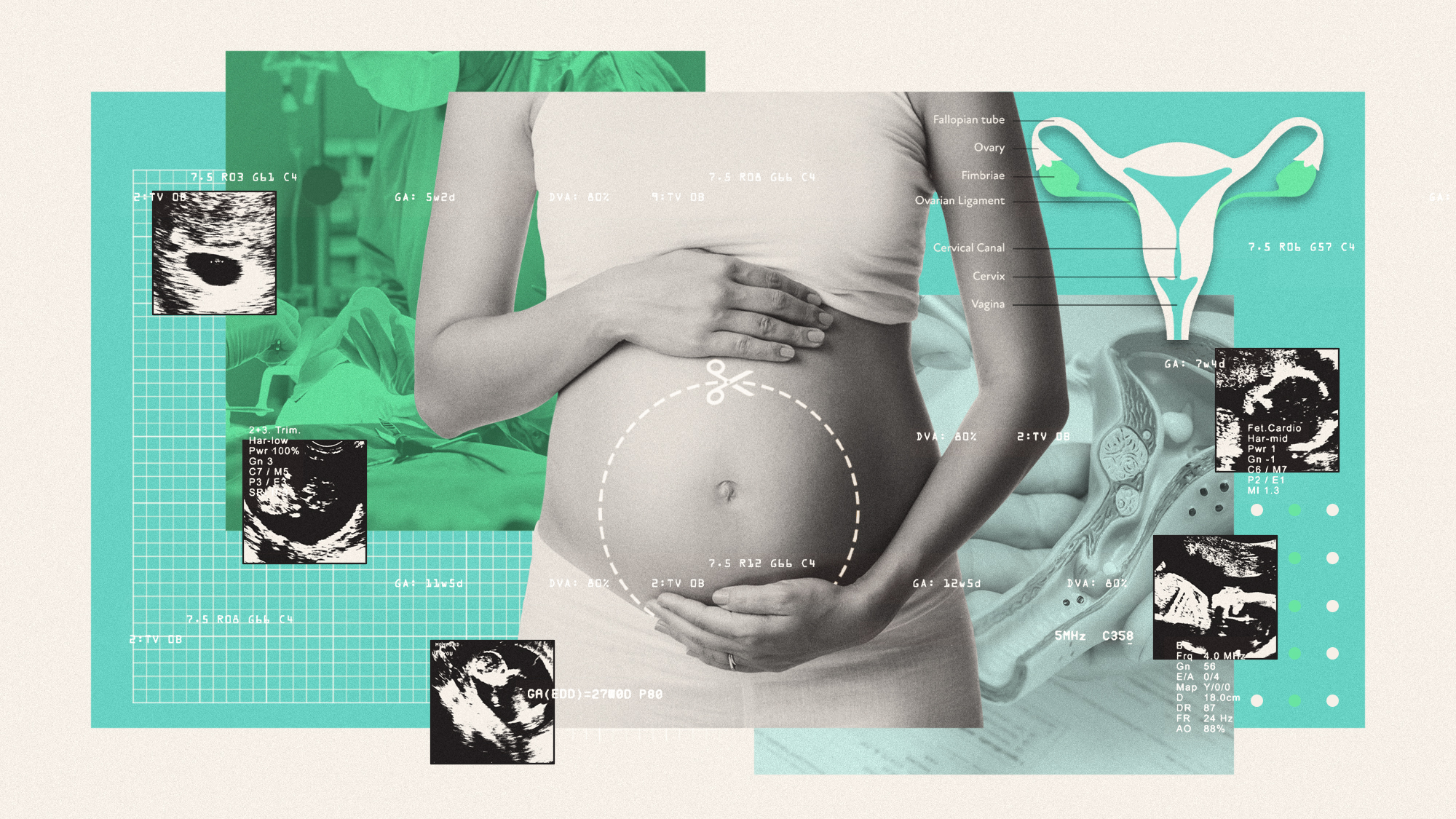 The UK's first baby born to woman with womb transplant
The UK's first baby born to woman with womb transplantThe Explainer 'Astonishing' medical breakthrough, the culmination of 25 years of research, could pave the way for more procedures to combat uterine infertility
-
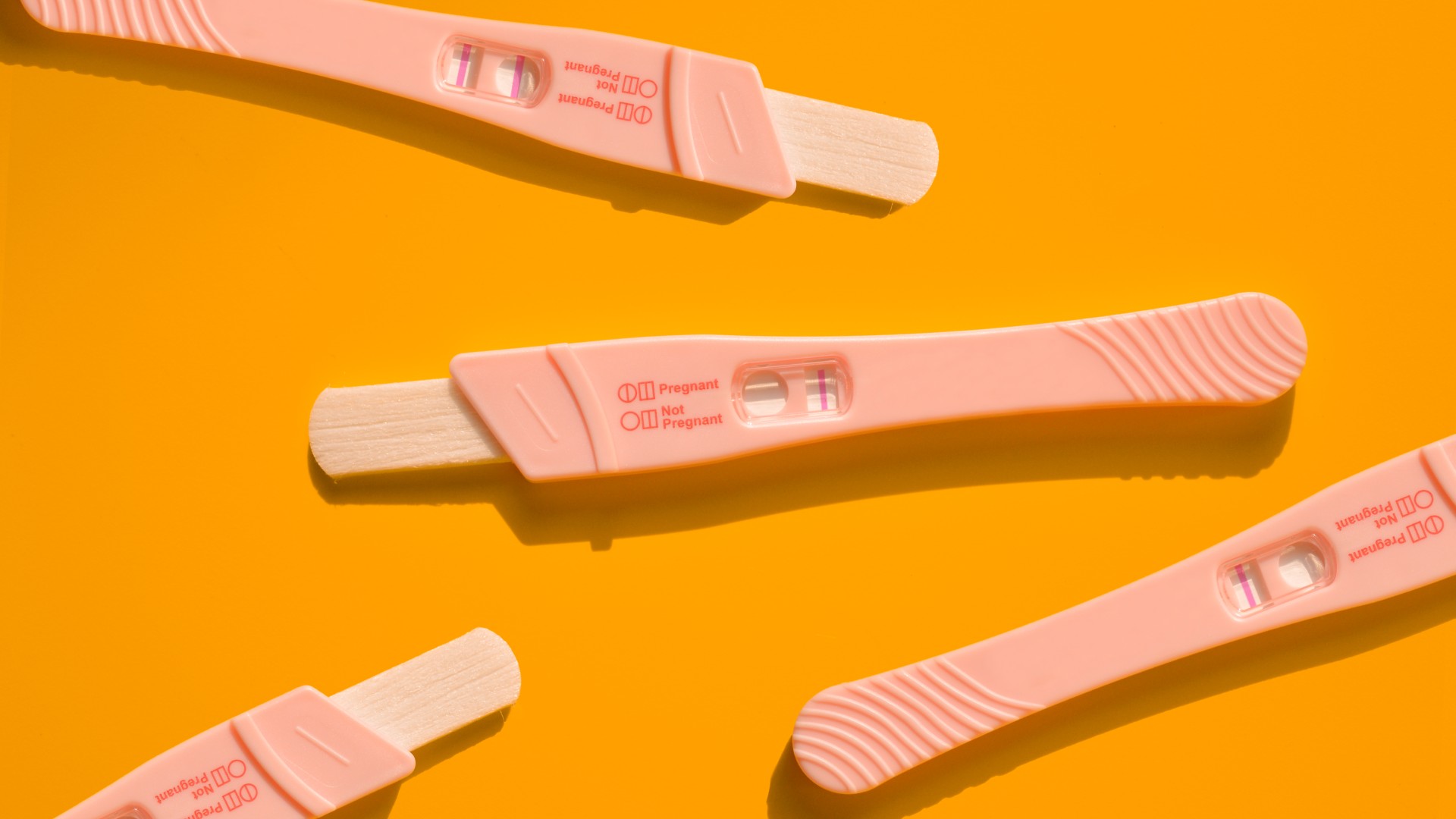 IVM is a better treatment than IVF for some women
IVM is a better treatment than IVF for some womenThe Explainer A less painful, less costly option for treating infertility emerges
-
 The rise of pronatalist tech bros
The rise of pronatalist tech brosIn the Spotlight 'Mix of narcissism, altruism and dreams of immortality' behind drive to reproduce exhibited by likes of Elon Musk
-
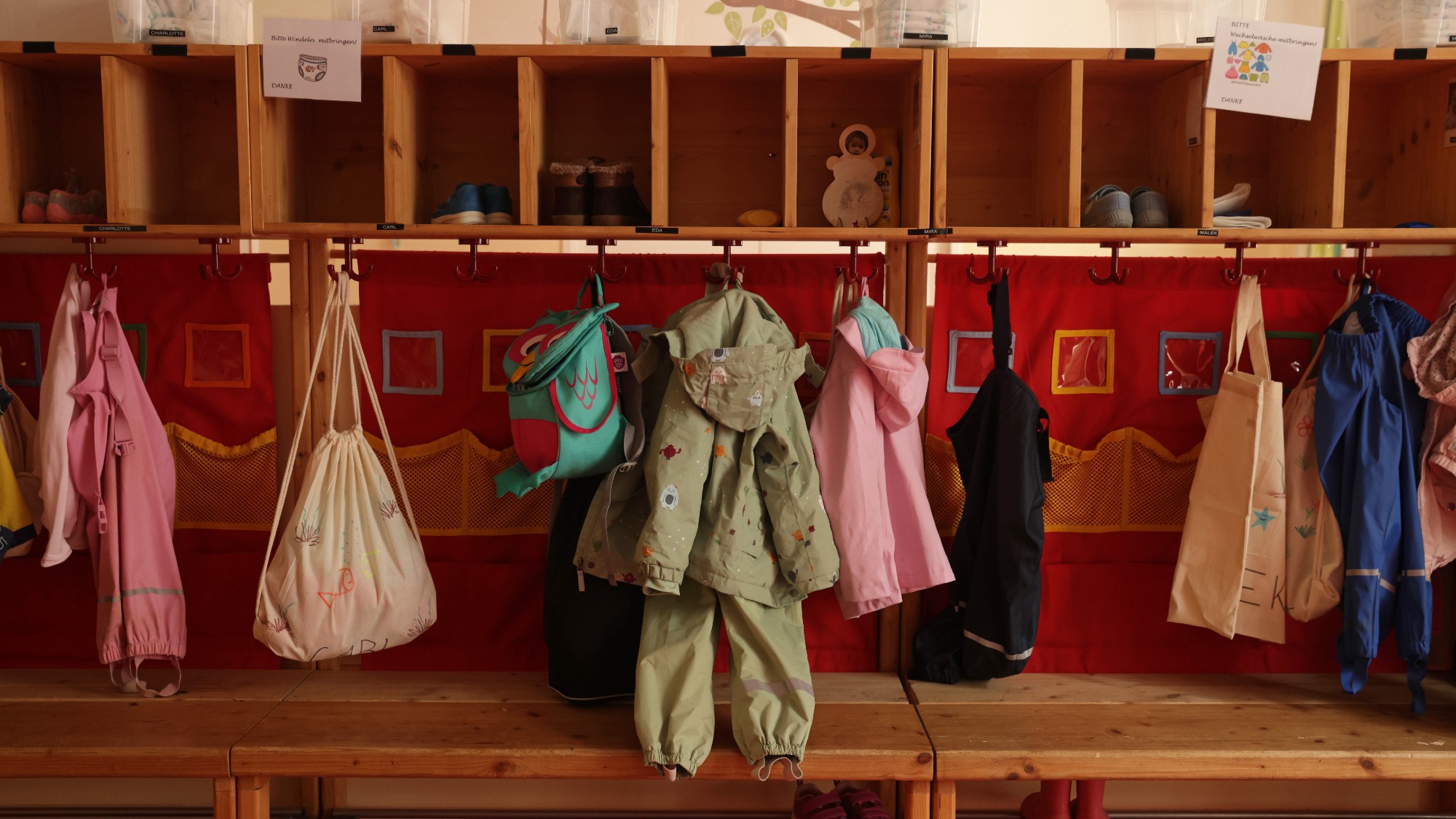 The great baby bust
The great baby bustThe Explainer The fertility rate is falling sharply in the UK and across the world, a trend with major economic and societal consequences
-
 A 'horror story': what is fertility fraud?
A 'horror story': what is fertility fraud?Under The Radar US woman has discovered she slept with her half-brother at high school
-
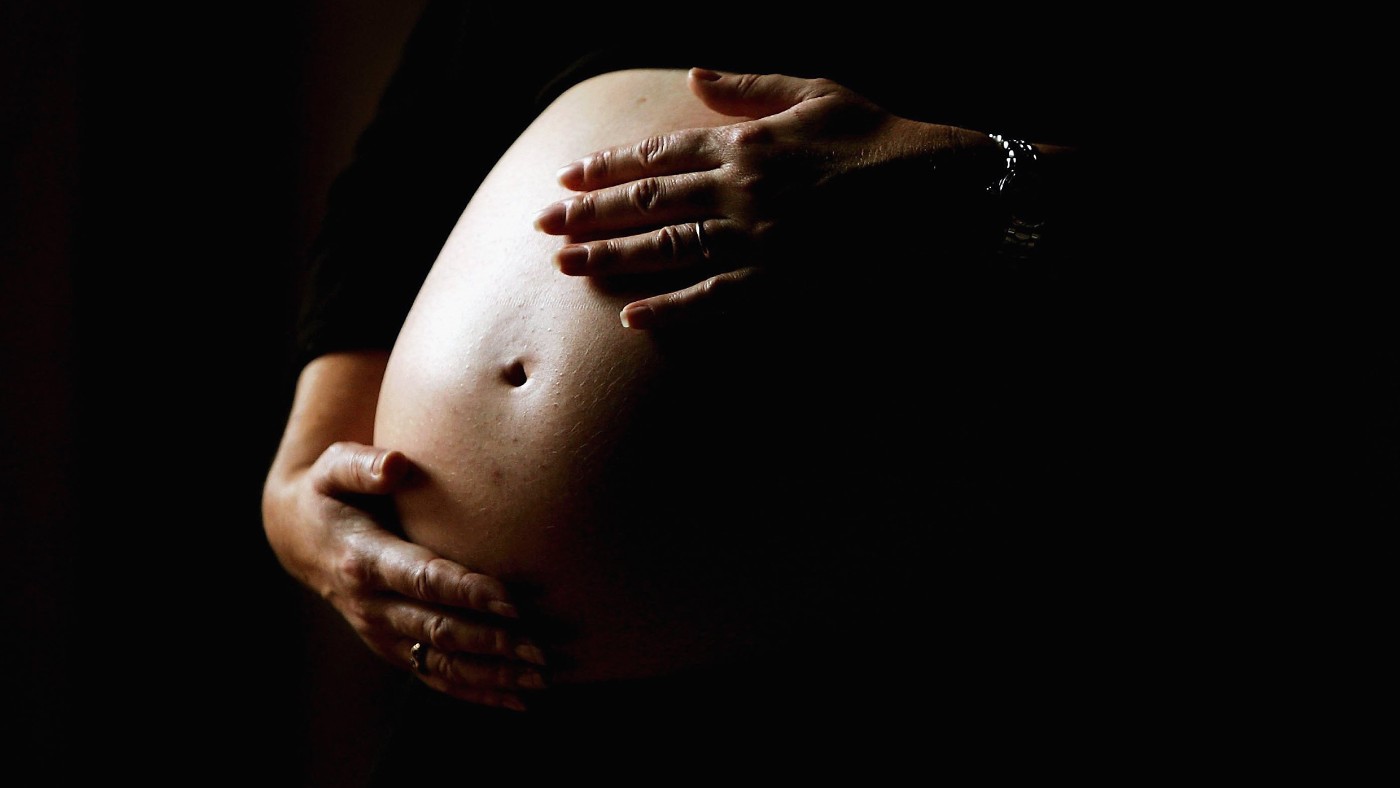 What does UK’s first womb transplant mean for future of fertility?
What does UK’s first womb transplant mean for future of fertility?Today's Big Question Procedure could be offered more widely including to transgender people
-
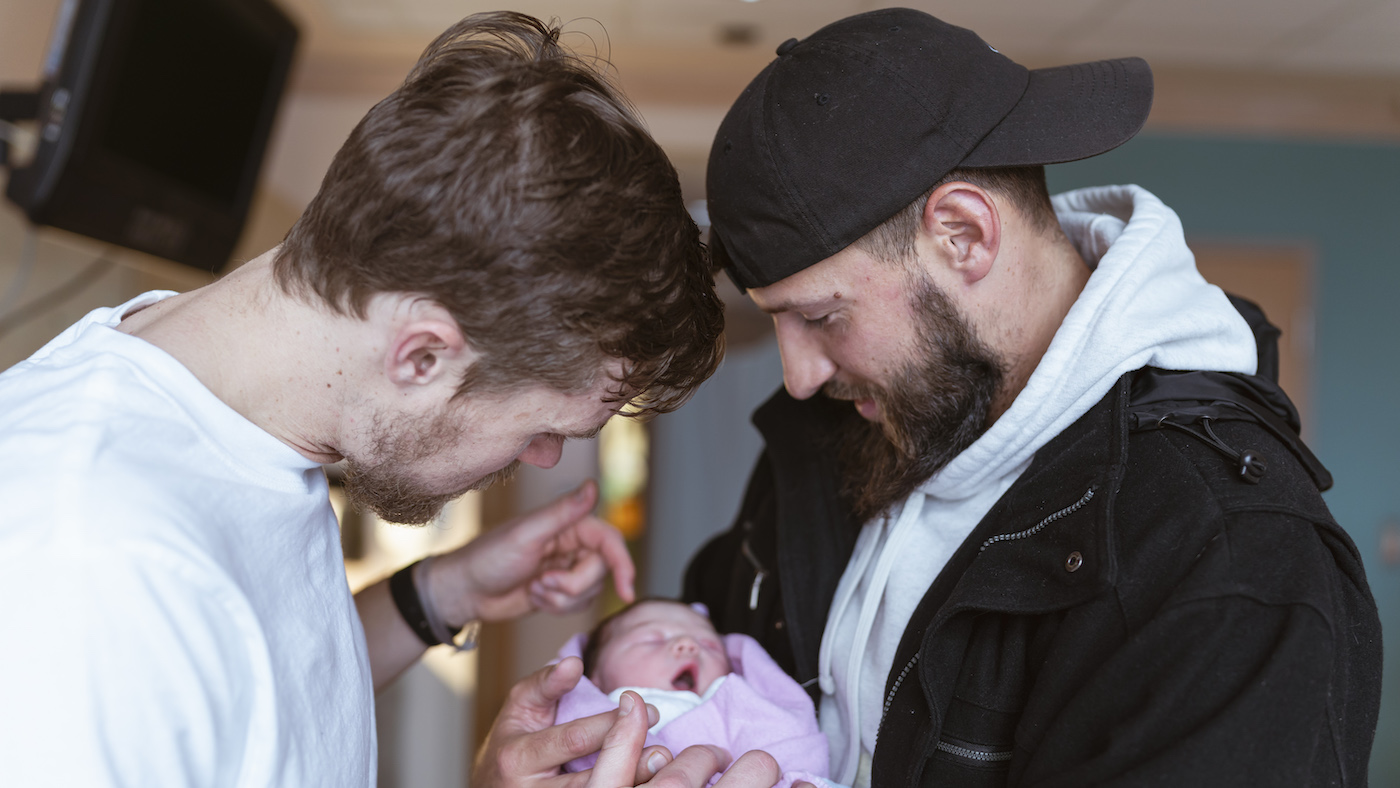 Pros and cons of surrogacy in the UK
Pros and cons of surrogacy in the UKPros and Cons The government is currently considering substantial reforms to surrogacy law in the UK
-
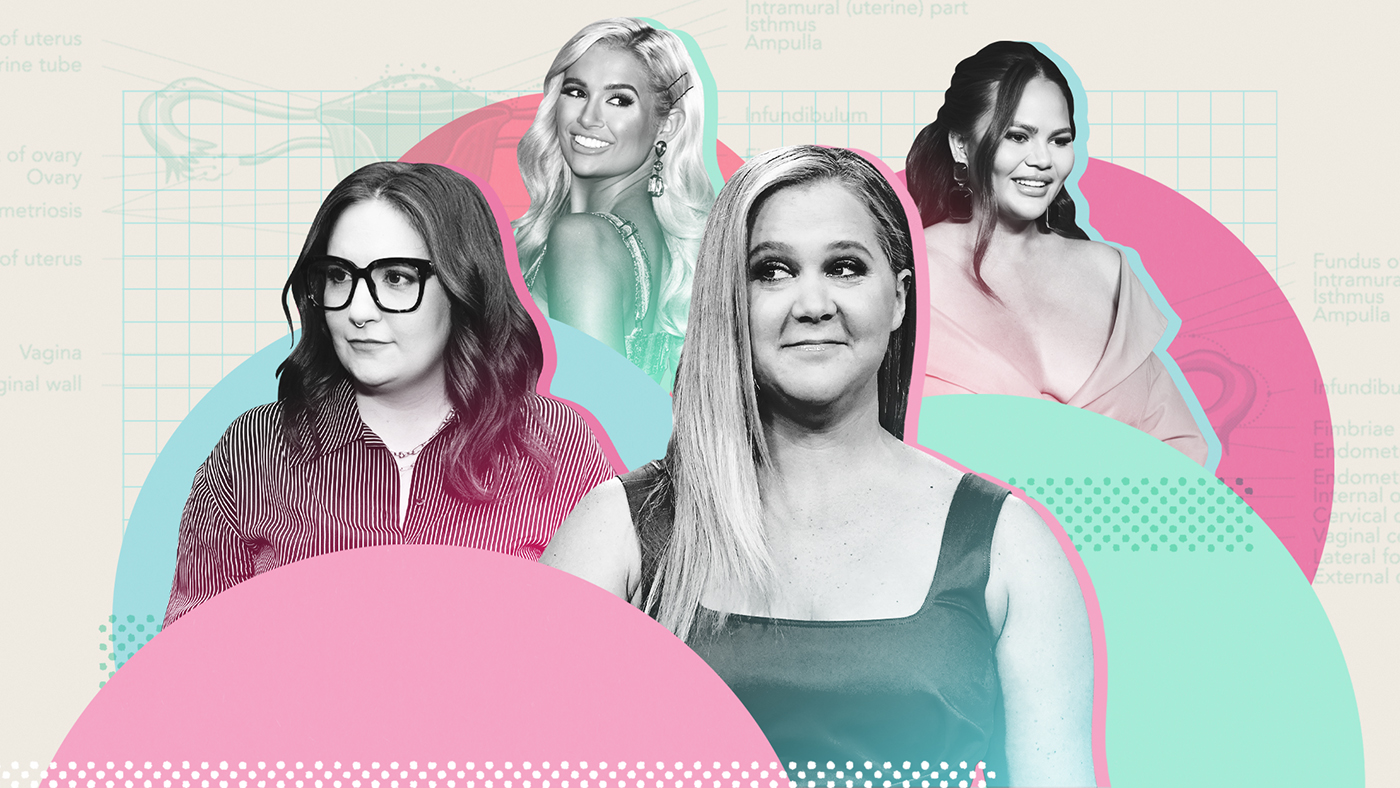 Endometriosis: the ‘incurable’ disease affecting one in 10 women
Endometriosis: the ‘incurable’ disease affecting one in 10 womenfeature Advances by Australian researchers offer hope for new treatments and more targeted diagnoses for the debilitating condition